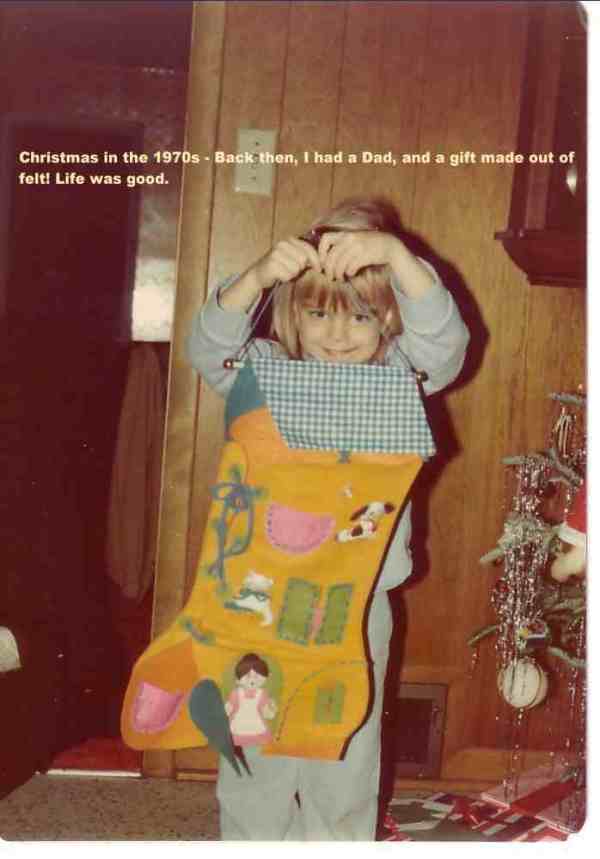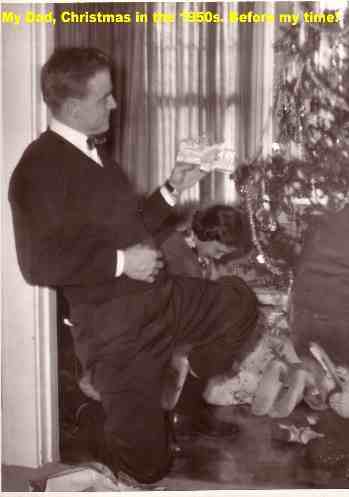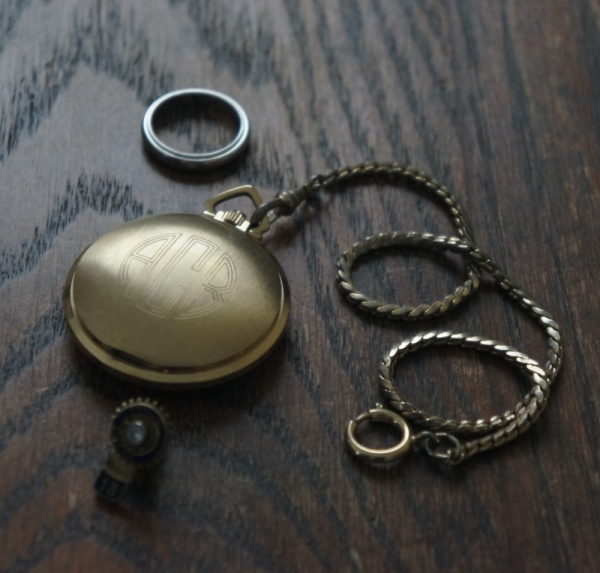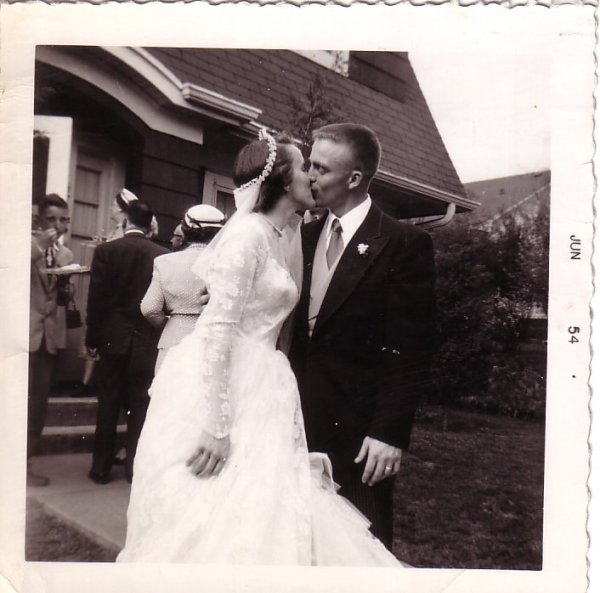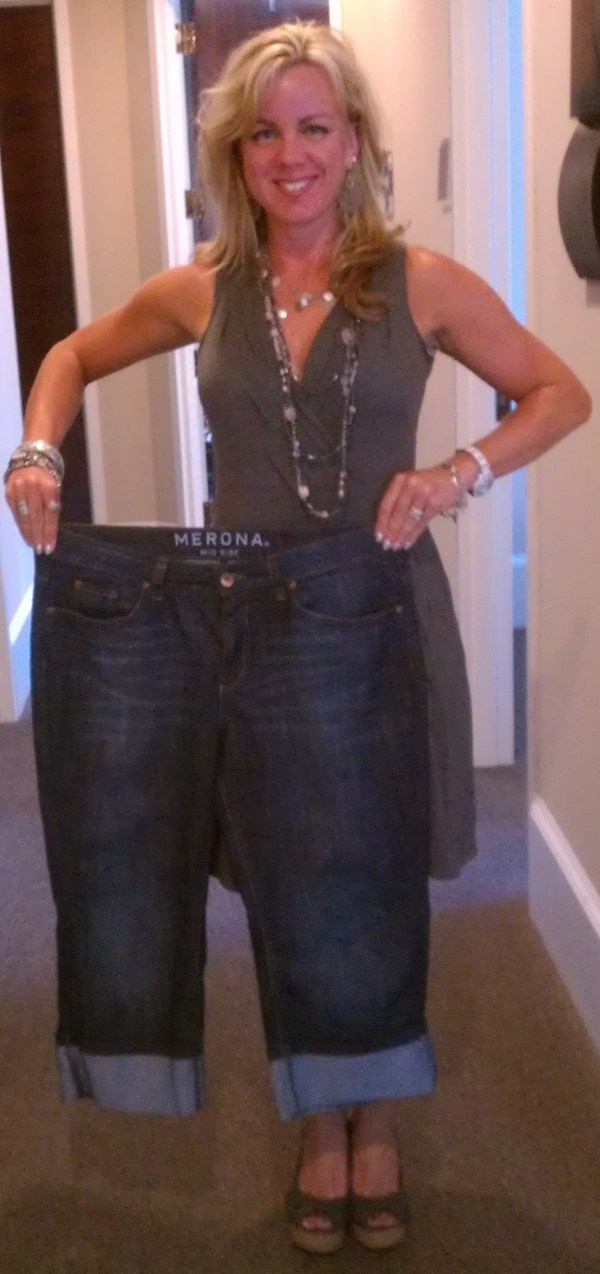When was the last time you wrote a love letter? Or any letter for that matter? How long has it been since you received a letter – on paper? Not an email, or a text, or a card…not a thank you note, not an invitation or a postcard, but a real, paper-and-ink handwritten letter?
Letter writing is a rapidly dying art. Many schools no longer teach cursive handwriting.
Sure, typing a few sentences and clicking “Send” is much more efficient and convenient than tracking down a paper and pen, hand writing, hand-erasing, (or whiting-out, or scratching through), and signing. Then you have to fold the paper, find an envelope, stuff it, address it, stamp it, and go all the way to the end of your driveway (at best) or to the local post office to mail it. Why go through all that hassle when you can send your sentiments instantly without leaving your chair, or leaving a paper trail?
Snail Mail
Granted, email is quick and convenient, but try holding an email in your hands 60 years later, or 30 years after the author has passed away. You could hold a computer generated print-out of the message, but that’s not the same as holding an original document that was handwritten by a loved one. Real letters can be left behind, passed on, reviewed by future generations…. but most electronic mail will never be accessed again after their intended recipient is gone…And perhaps that won’t matter, in most cases, for most people.
As someone who has lost both parents, I am glad that good old-fashioned letters, sent via “snail mail”, were once a primary mode of communication. I’m even a little grateful that my mom was a borderline hoarder. When she passed away and we cleared out her house, we found that she saved virtually every piece of paper she ever received, apparently.
Thanks to those seemingly inconsequential circumstances, we have a personal account of my parents’ younger days together. Their letters are especially valuable since neither of my parents are alive to recount any memories or stories from their courtship and engagement. The 40-50 letters that my dad wrote to my mom while he was stationed in Germany before and after their wedding tell many stories about my parents that I may have never learned.
Not all the sentiments in my parents’ old letters are beautiful and romantic. In fact, certain parts of some of the letters are not easy to read. Several of my dad’s attempts at humor were cringe-worthy. Then again, humor in the 1950s was a bit less edgy (and much less funny) than today’s humor. And then, of course, there were the mushy, lovey-dovey parts of the letters… no one wants to read about their parents’ intense physical desires for one another! But I suppose it’s comforting to know that my parents were so in love, because my Dad didn’t live long enough for me to witness that much for myself.
A Moment in Time – On Paper
While those old love letters from my dad to my mom are very special, there is one other piece of paper that is even more precious to me personally. It is another letter that my dad wrote to me while I was away at camp one summer, shortly before he passed away in 1982. I love to hold that paper in my hands and know that he held it once too, that he took the time and care to put his thoughts on it, just for me.
I analyze his handwriting, which had changed quite a bit over the years, compared to the love letters he had written, as a young soldier, to my mom, in his sweeping, smooth cursive script. By the time he wrote this note to me at camp, Dad’s lettering now had a distinctive structural, squared architecture. My dad, the engineer, inventor, and frequent drafter of blueprints, wrote to me with swift, cheery, evenly spaced and perfectly drawn block letters. All caps.
No email could ever bring me back to a point in time the way that letter does. The grain of the paper, the weight of it in my hands, the color of the ink, the letterhead from Dad’s company at the top of the page, his signature at the bottom… I have memorized every detail.
Whenever I hold that letter and read it again, even today, I can almost remember how it felt to be a kid again, carefree and not yet jaded by the death of my father, which would soon jolt me out of childhood.
Although it was written more than 30 years ago, that one simple little note can help me to remember what it felt like to have a father.

